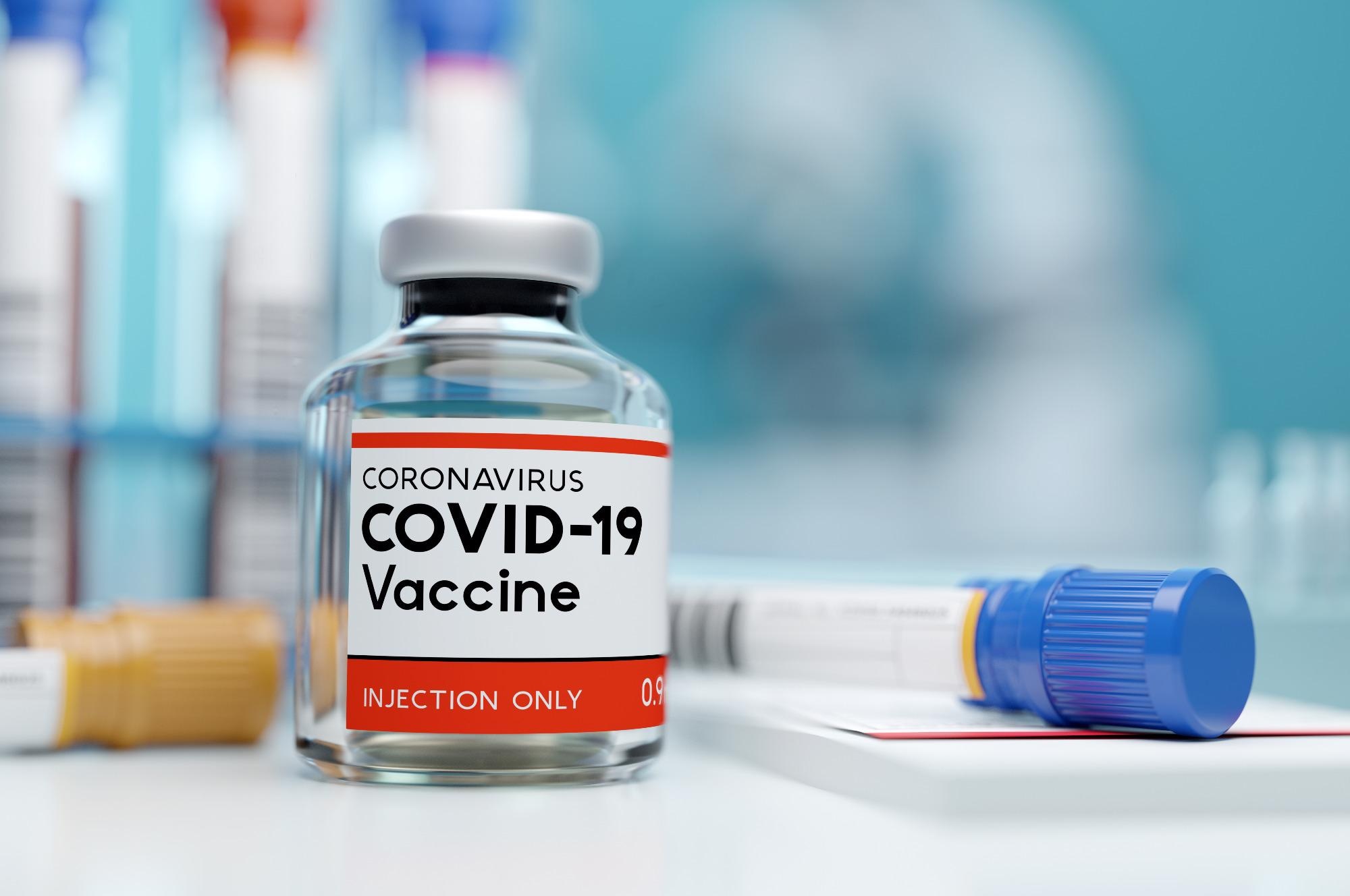Severe acute respiratory syndrome coronavirus 2 (SARS‑CoV‑2) and the resulting coronavirus disease 19 (COVID-19) pandemic have caused devastating effects on lives and livelihoods worldwide. Yet, despite extensive research, little is known about the effectiveness of existing vaccines in racially and ethnically diverse elderly populations with high comorbidity burdens.
In a recent study, published in the Annals of Internal Medicine, scientists conducted a target trial emulation study and documented that among the elderly in the U.S. (with significant comorbidities), the efficacy of messenger RNA (mRNA) vaccines was much lower in terms of preventing infection, than previously reported. However, the effectiveness against death was found to be high.
 Study: COVID-19 Vaccination Effectiveness Against Infection or Death in a National U.S. Health Care System. Image Credit: Solarseven / Shutterstock
Study: COVID-19 Vaccination Effectiveness Against Infection or Death in a National U.S. Health Care System. Image Credit: Solarseven / Shutterstock
Background
Scientists have conducted extensive research to develop novel vaccines to combat the pandemic. The vaccines manufactured by Pfizer–BioNTech (BNT162b2) and Moderna (mRNA-1273) received emergency use authorization from the US FDA, as they showed very high efficacy (95% and 94.1%, respectively) against symptomatic SARS-CoV-2 infection in phase 3 randomized controlled trials. However, their effectiveness in ethnically and racially diverse populations across the United States is not well characterized, particularly among vulnerable individuals. The U.S. Department of Veterans Affairs (V.A.) health care system is the most extensive national, comprehensive health care system in the United States. Therefore, it provides the opportunity to evaluate vaccines in this population.
A New Study
Researchers created a cohort of all individuals enrolled with the V.A. and were alive on 11 December 2020. They excluded 153,116 persons as they had SARS-CoV-2 infection, 60,185 persons because they had very high early vaccination rates, and 37,445 persons who received vaccination before emergency use authorization. As a result, 2,103,790 persons were identified to have received at least one mRNA vaccine dose between 11 December 2020 and 25 March 2021 (55.5% Moderna and 45.5% Pfizer–BioNTech). However, only 12,620 veterans received the Janssen vaccine, and these individuals were considered potential controls.
Main Findings
Scientists observed the VE at 7 or more days after the second vaccine dose was 69% for infection and 86% for SARS-CoV-2 related death, during follow-up extending to 30 June 2021. In addition, vaccine effectiveness against infection was found to diminish with age and comorbidities. This study, therefore, aids in deepening our understanding of “real-world” mRNA-based VE by focussing on a high-risk population comprising individuals of age, having comorbidities, and belonging to racially and ethnically diverse backgrounds.
The VE against documented infection was found to be lower than that reported in phase 3 clinical trials and some related studies. However, results in those studies should be interpreted with caution because they did not match cases and controls by the date of testing and also did not account for the temporal bias introduced by the fact that SARS-CoV-2 incidence decreased during the observation period.
One important feature of the current study is the excellent adherence to timing and receipt of the second dose of the vaccine. Therefore, this is unlikely to have influenced the low VE, which is expected to have been driven by the advanced age of the V.A. population and significant comorbidities.
Recent studies have documented that only a small proportion of solid-organ transplant recipients develop antibodies against the spike protein after vaccination with two doses of mRNA vaccines. In addition, patients receiving hemodialysis and patients with hematologic malignancies have also shown blunted humoral responses to vaccines.
VE against SARS-CoV-2–related death was not assessed in the phase 3 trials or prior observational cohort studies because of the small number of deaths observed. During the period of the current study, a large number of deaths occurred, which helped scientists make precise estimates of VE. The results showed the very high effectiveness of mRNA vaccines against SARS-CoV-2–related deaths. The VE was estimated to be 86% at least 7 days after the second dose. This was true even in an elderly population with significant comorbidities. The study, however, did not have data on SARS-CoV-2 variants beyond 20 June 2021. This is something that future research could consider.
Conclusion
The study has limitations, such as oversampling of males and lacking regular SARS-CoV-2 screening during the observation period, thereby missing out on mildly symptomatic and asymptomatic cases. Further, COVID-19 tests conducted and vaccinations administered elsewhere might not have been captured unless they were registered in the Medicare records. In summary, the key message emanating from the current research is that mRNA VE against infection was substantially lower than previously reported. Still, effectiveness against death was very high in an elderly population of U.S. veterans with significant comorbidities.